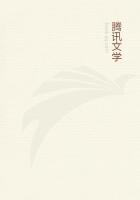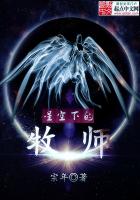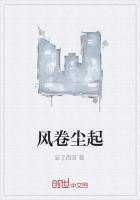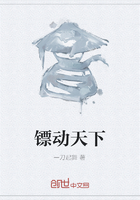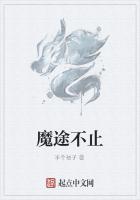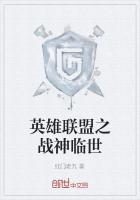"Item, I entreat the aforesaid gentlemen my executors, that, if any happy chance should lead them to discover the author who is said to have written a history now going about under the title of 'Second Part of the Achievements of Don Quixote of La Mancha,' they beg of him on my behalf as earnestly as they can to forgive me for having been, without intending it, the cause of his writing so many and such monstrous absurdities as he has written in it; for I am leaving the world with a feeling of compunction at having provoked him to write them."
With this he closed his will, and a faintness coming over him he stretched himself out at full length on the bed. All were in a flutter and made haste to relieve him, and during the three days he lived after that on which he made his will he fainted away very often. The house was all in confusion; but still the niece ate and the housekeeper drank and Sancho Panza enjoyed himself; for inheriting property wipes out or softens down in the heir the feeling of grief the dead man might be expected to leave behind him.
At last Don Quixote's end came, after he had received all the sacraments, and had in full and forcible terms expressed his detestation of books of chivalry. The notary was there at the time, and he said that in no book of chivalry had he ever read of any knight-errant dying in his bed so calmly and so like a Christian as Don Quixote, who amid the tears and lamentations of all present yielded up his spirit, that is to say died. On perceiving it the curate begged the notary to bear witness that Alonso Quixano the Good, commonly called Don Quixote of La Mancha, had passed away from this present life, and died naturally; and said he desired this testimony in order to remove the possibility of any other author save Cide Hamete Benengeli bringing him to life again falsely and ****** interminable stories out of his achievements.
Such was the end of the Ingenious Gentleman of La Mancha, whose village Cide Hamete would not indicate precisely, in order to leave all the towns and villages of La Mancha to contend among themselves for the right to adopt him and claim him as a son, as the seven cities of Greece contended for Homer. The lamentations of Sancho and the niece and housekeeper are omitted here, as well as the new epitaphs upon his tomb; Samson Carrasco, however, put the following lines:
A doughty gentleman lies here; A stranger all his life to fear; Nor in his death could Death prevail, In that last hour, to make him quail.
He for the world but little cared; And at his feats the world was scared; A crazy man his life he passed, But in his senses died at last.
And said most sage Cide Hamete to his pen, "Rest here, hung up by this brass wire, upon this shelf, O my pen, whether of skilful make or clumsy cut I know not; here shalt thou remain long ages hence, unless presumptuous or malignant story-tellers take thee down to profane thee. But ere they touch thee warn them, and, as best thou canst, say to them:
Hold off! ye weaklings; hold your hands!
Adventure it let none, For this emprise, my lord the king, Was meant for me alone.
For me alone was Don Quixote born, and I for him; it was his to act, mine to write; we two together make but one, notwithstanding and in spite of that pretended Tordesillesque writer who has ventured or would venture with his great, coarse, ill-trimmed ostrich quill to write the achievements of my valiant knight;- no burden for his shoulders, nor subject for his frozen wit: whom, if perchance thou shouldst come to know him, thou shalt warn to leave at rest where they lie the weary mouldering bones of Don Quixote, and not to attempt to carry him off, in opposition to all the privileges of death, to Old Castile, ****** him rise from the grave where in reality and truth he lies stretched at full length, powerless to make any third expedition or new sally; for the two that he has already made, so much to the enjoyment and approval of everybody to whom they have become known, in this as well as in foreign countries, are quite sufficient for the purpose of turning into ridicule the whole of those made by the whole set of the knights-errant; and so doing shalt thou discharge thy Christian calling, giving good counsel to one that bears ill-will to thee. And I shall remain satisfied, and proud to have been the first who has ever enjoyed the fruit of his writings as fully as he could desire; for my desire has been no other than to deliver over to the detestation of mankind the false and foolish tales of the books of chivalry, which, thanks to that of my true Don Quixote, are even now tottering, and doubtless doomed to fall for ever.
Farewell."



